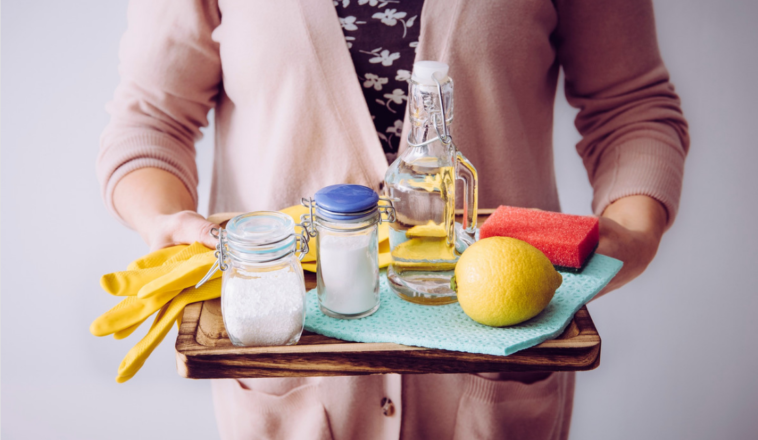We may know that ecological cleaning products are economical, but we sometimes find it difficult to get started. In particular, we are sometimes afraid that it will take time and when the list of natural ingredients grows longer, we can feel discouraged. And yet, making fashionable homemade eco-friendly household products is as simple as it gets. You just need to know the right recipes and have a few basic biodegradable ingredients that you can then reuse on all surfaces. Here are some recipes for household products that are good for the environment and home maintenance that are child’s play to make and use!
1) 2 recipes for multi-use household soap products
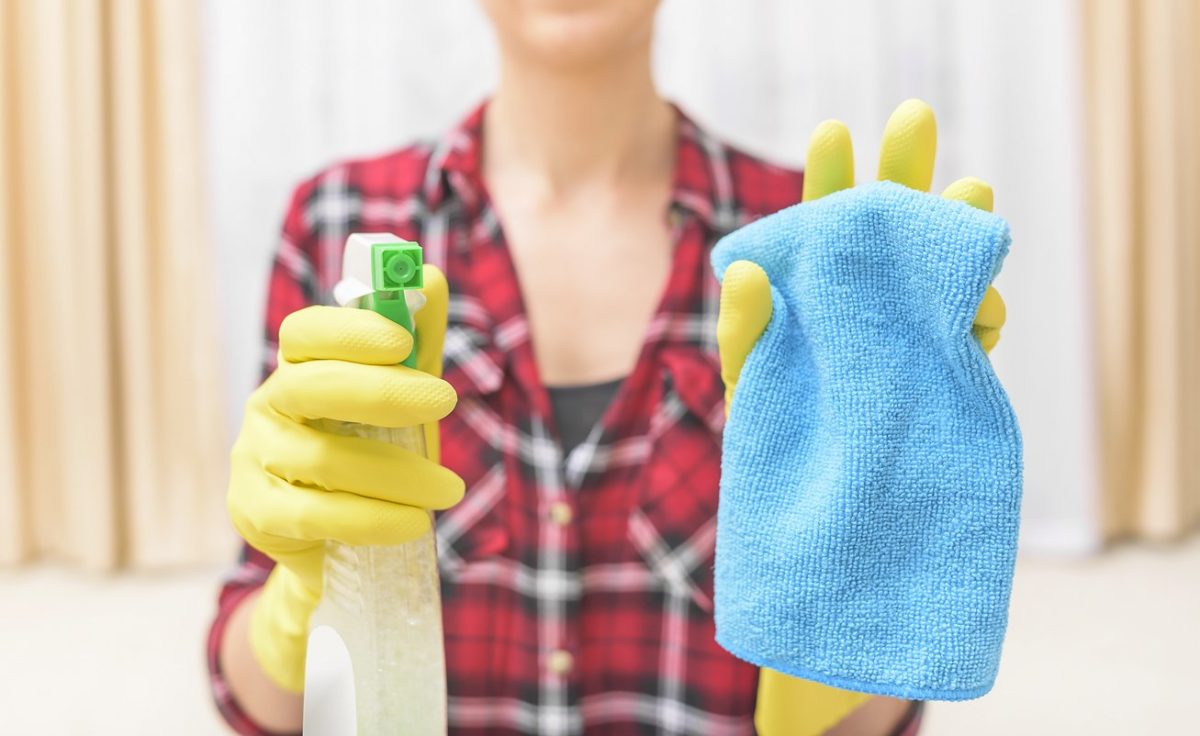
You are looking for a multi-purpose cleaning, degreaser and stain remover spray to spray from floor to ceiling to clean the kitchen (sink, worktop, fridge, etc.), the bathroom (bathtub, sink, etc.) and the entire house in one go with a microfiber wipe? In a quart spray bottle ¾ filled with warm water, add 1 tablespoon of baking soda and two tablespoons of black soap. Then optionally add a few drops of lavender, lemon, eucalyptus or mint essential oil. No more black soap at home? You can also dilute shavings of Marseille soap in hot water. Then add a glass of white vinegar, the juice of a lemon and a few drops of essential oil then dilute in 4 liters of water. It’s ready!
2) Take out your homemade wipes against dirt
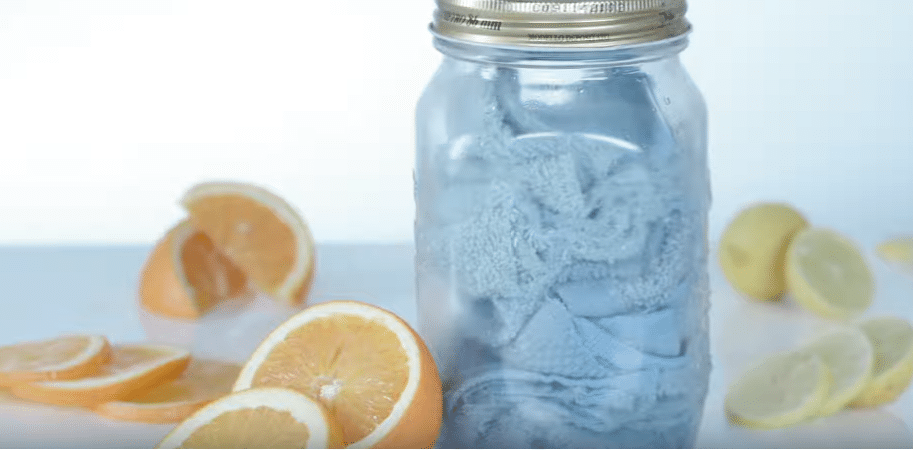
The advantage of zero waste homemade wipes is that they are just as effective and can be put in the machine after each use (with towels for example). Afterwards we can re-soak them with product and they are infinitely usable ! To make this cleaning product, mix 25 cl of alcohol vinegar, 10 drops of lemon essential oil and a tablespoon of dishwashing liquid. Then dilute everything in 250 ml of water. Regarding wipes, microfibers will do the trick. You can also cut old towels that you no longer use into squares measuring 15 cm by 15 cm.
3) The toilet descaling product
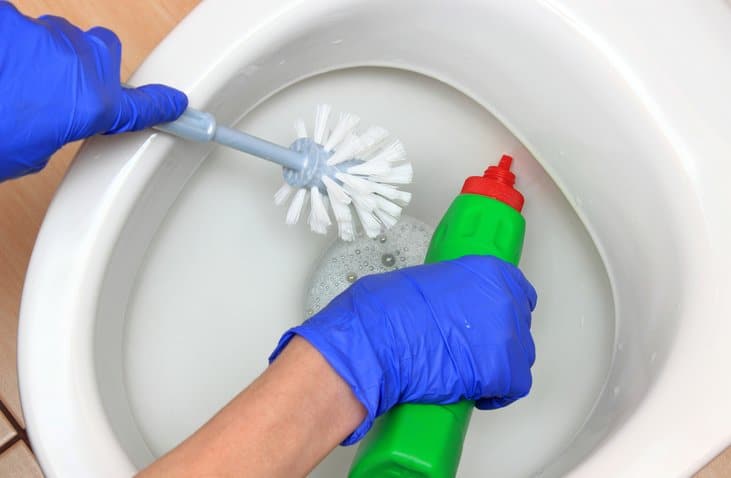
To descale the toilet bowl, no need to resort to complicated household product recipes! Simply bring 1 liter of white vinegar to the boil. Once it’s done, pour everything into your toilet then leave it to act for an hour or two. This helps remove limescale and hard water stains in an eco-friendly way and no risk for the septic tank !
4) And for homemade laundry detergent, which recipe should I use?
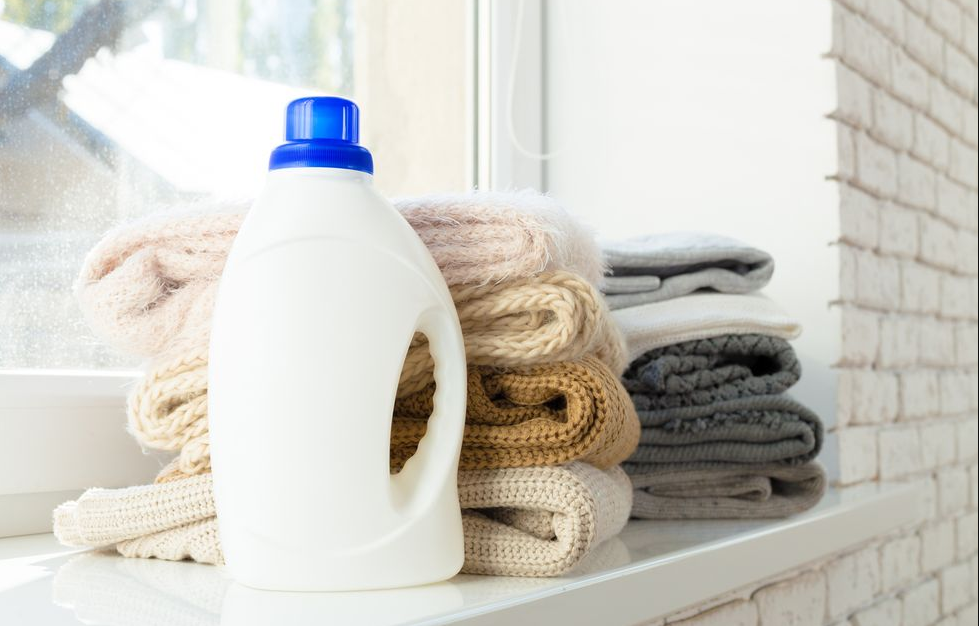
The simplest recipe is the one with Marseille soap. It involves boiling 3 liters of water. Then add 150 g of flaked or grated Marseille soap (preferably without glycerin and without palm oil), a handful of soda crystals and a few drops of natural fragrance of your choice for the scent. Transfer the detergent into a container and use 20 cl of this mixture for each wash. For a laundry detergent with black soapheat 600 ml of water with 200 ml of black soap. Then add ½ glass of baking soda and 1 tablespoon of soda crystals. If necessary, add a few drops of natural fragrance for scent. Remember to mix your detergents well before each use!
5) Homemade fabric softener, another easy idea!
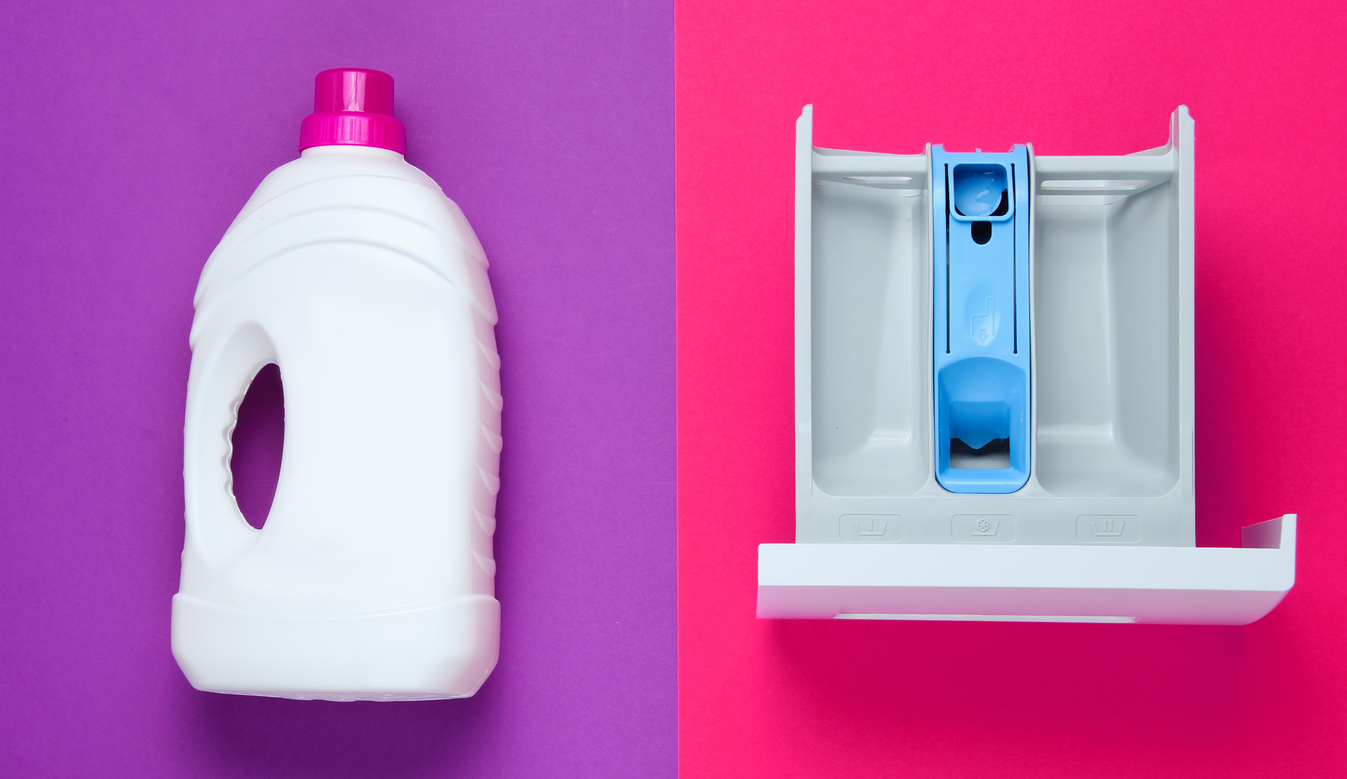
The basic recipe for softener is between 200 and 400 ml of white vinegar (depending on the hardness of the water in your home) and 600 ml of water. And for the smell, the ideal is to add a few drops of natural fragrance. It is more ecological than essential oils which are not perfumes anyway and which can cause allergies to sensitive skin! Otherwise, you can also do macerate plants and spices in vinegar for a few days to give it a good smell: mint, lavender, rose… However, rest assured: if you do not follow this step, white vinegar will not leave bad odors on your laundry.
6) Recipes for household products for cleaning floors
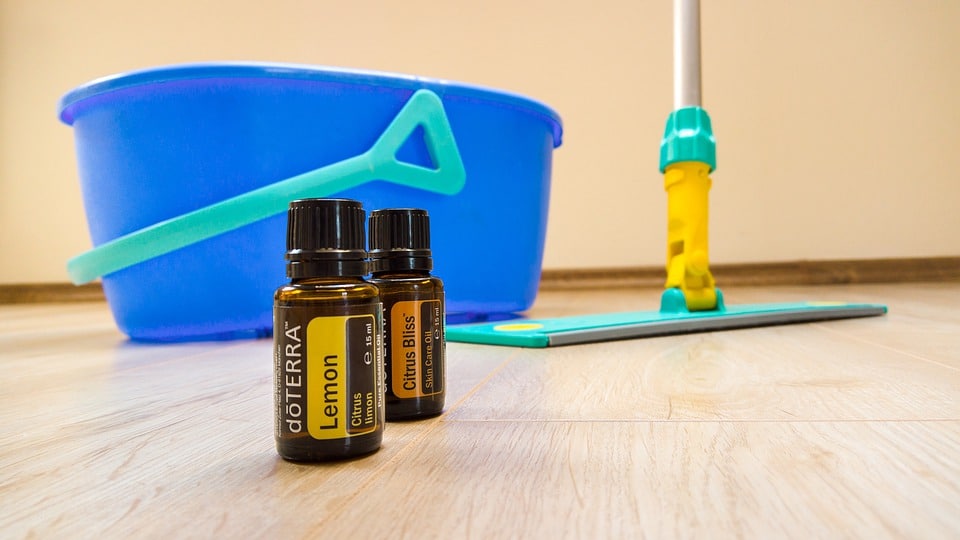
For tiling, dilute 200 ml of white vinegar, 50 drops of lemon essential oil and 50 drops of thyme essential oil. For other floors, and in particular for stone slabs and marble which do not tolerate vinegar, your best ally is black soap. Dilute a tablespoon in 5 liters of water.


